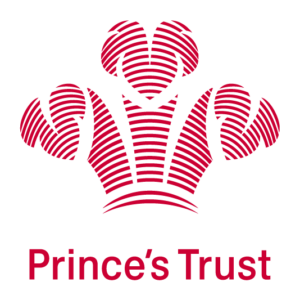Grants can provide a valuable financial boost for starting and expanding a business. The Invest in Women Hub focuses primarily on finance (money that is repayable by the business or that involves a transfer of business ownership) rather than funding (money that does not need to be repaid). Note that you often see ‘funding’ used to mean finance as well, so you have to read the content to understand what is intended.
The reason we don’t cover grant funding is that so many websites already specialise in this. Our goal is to fill a gap in helping women to understand and access finance – that gap doesn’t exist in the same way with grant funding. Hence this is the only article on grants that you will find on the Hub.
For the same reason, we have not included grant-giving bodies in our finance database. One exception is the Prince’s Trust, which offers both grant funding and loan finance to young people starting a business. This type of grant is the most helpful: awarded without onerous conditions, to be used by a young person starting a business, with advice and support as part of the package. The Prince’s Trust has enabled many successful businesses that would not otherwise have got off the ground.
Awarded by government, local authorities and private sector bodies, grants ensure you remain in control of your business – in other words the finance provided doesn’t dilute your ownership stake. However, each grant is different and so it is key you check the specific grant for which you are applying is the right fit for your business.
The largest category of grant awards is grants for research and innovation, awarded by the Research Councils and Innovate UK. This reflects the reality that commercial investors cannot take the risk on early-stage research and the amounts involved are too great for most start-ups to fund themselves. Innovate UK grants are an important source of funding for many research-oriented start-ups. Joining the Innovate UK Knowledge Transfer Network is an ideal way to learn about the opportunities available and find potential partners for collaborative grant applications.
Why a grant is not just ‘free money’
When you accept a grant you are agreeing to conform with the grant-giver’s priorities, which may not be exactly the same as yours. Consider the opportunity cost: how long will it take to deliver the grant outcomes, including any reporting requirements, and what else could you have done with that time?
The pros and cons listed below may help you decide if a particular grant is the right fit for your business:
Pros:
- Retain control of your business
- Can provide significant funding, depending on the terms
- Often comes with advice and connections
- No capital repayment or interest
- Can be used for a variety of business purposes
- There is a wide range of grants and grant-giving bodies
Cons:
- Time-consuming to apply and meet the criteria (and your time is precious)
- No guarantee it will be a successful application – there can be strong competition
- You have to conform with the terms of the grant
- Unlikely to be a long-term source of funds, unless your business is strongly aligned with a social or charitable purpose
- You may have to spend your own money first and be reimbursed afterwards
- Usually available for a limited time
Ffion McCormick Edwards founder of the sustainable fashion label Barefoot Tech accessed a Business Wales Young Person’s Start-Up Barriers Grant. The grant helped her register as a sole-trader and fulfil her dream of becoming self-employed and running Barefoot Tech full-time from her own workshop in Swansea. Find more about Ffion’s business journey in our case studies.
In the UK the main grant-giving bodies are local authorities, trusts and companies (often through a linked charitable foundation). You can find further information on grants through the links below.

